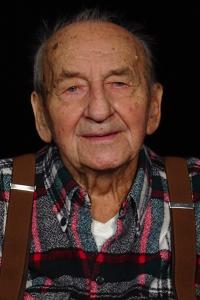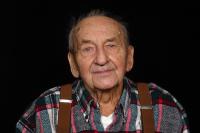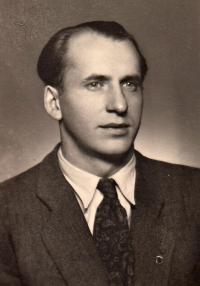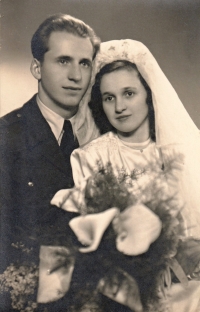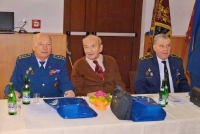I survived the war only through luck
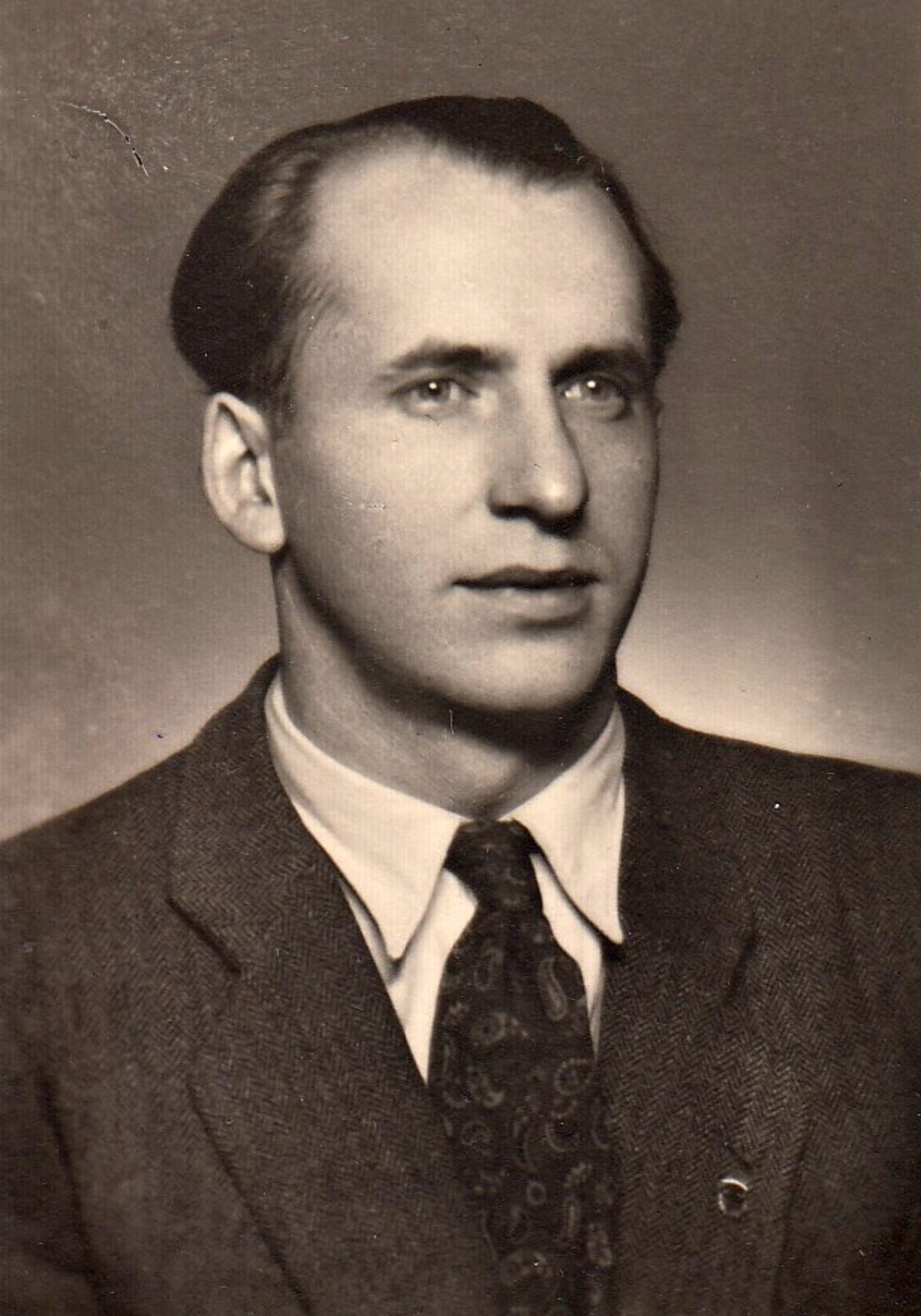
Download image
Arnošt Karas was born on 7 January 1924 in Kunčičky near Baška in the Beskydy Mountains. His mother was insane and had to be hospitalized at psychiatry clinic. His father divorced her and married a woman of German nationality. The family moved to Ostrava. After the occupation of Czechoslovakia by Hitler’s Germany, Arnost’s stepmother sympathized with the Nazis. Her son fell as a German army soldier. Arnošt trained as a locksmith and spent the war in Ostrava. He was one of the founders of the local fire brigade. For the first time he got into a fire-fighting action during the liberation of Ostrava in April 1945, when a fire broke out in the building of the local radio. Shortly afterwards he was shot by a Red Army soldier. He graduated in metallurgy at VŠB and worked in a leading position in the coking plant named Victorious February in Ostrava. He joined the Communist Party, but was expelled in 1969 because he expressed his opinion at the party meeting that popular militias ought to be abolished. At work, he was reassigned to a less important position. He spent his whole life working as a volunteer fireman and was considered a legend in this field in Ostrava. At the time of filming in 2018, he was the last living witness to the establishment of a fire brigade in Ostrava. Arnošt Karas died on 8 August 2020.
